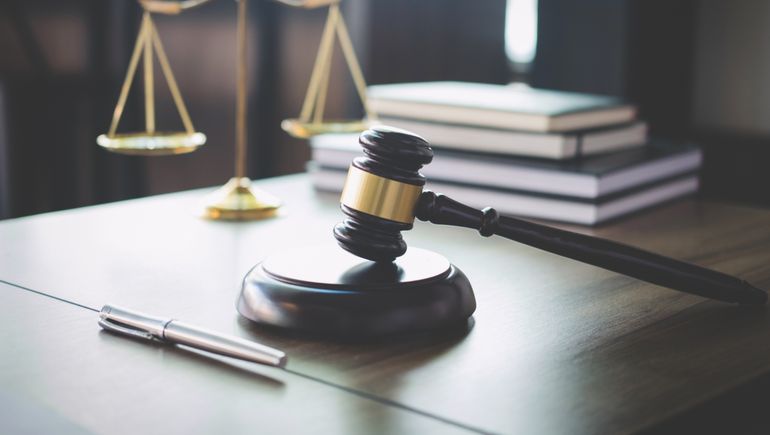Dive Brief:
- Florida higher education leaders are defending themselves against two lawsuits filed by campus chapters of Students for Justice in Palestine that allege the officials violated their free speech rights.
- The lawsuits center on an October memo from State University System of Florida Chancellor Ray Rodrigues that demanded the system’s university leaders deactivate their local SJP chapters. In response, SJP chapters at the University of Florida and the University of South Florida filed lawsuits seeking to block enforcement of Rodrigues’ order.
- However, in December court documents, attorneys for the state’s university system contend that the memo has no “independent legal effect” on the chapters but is more like an “open letter.” They also note that the student chapters haven’t been deactivated.
Dive Insight:
The legal battle is part of a larger free expression debate roiling college campuses in the wake of the Israel-Hamas war.
Hamas, which the U.S. deems a terrorist group, attacked Israel on Oct. 7, killing around 1,200 people and taking around 240 hostages. Israel declared war in response and launched an airstrike campaign over the Gaza Strip. More than 23,000 Palestinians have since died, according to the Gaza Health Ministry.
The two lawsuits were filed in U.S. District Court for the Northern District of Florida. They center on a memo Rodrigues sent shortly after the latest conflict ignited, arguing that the national Students for Justice in Palestine organization had “affirmatively identified” itself as part of the Oct. 7 attack. He pointed to a toolkit that the national organization distributed describing the Hamas attack as “the resistance.”
In his memo, Rodrigues contended the university system’s two local SJP chapters “exist under the headship” of the national organization and therefore must be deactivated. He cited a Florida law barring groups from providing support to terrorist organizations.
“Based on the National SJP’s support of terrorism,” Rodrigues wrote, “the student chapters must be deactivated.”
Florida Gov. Ron DeSantis backed the directive, according to the letter.
Yet a month later, Rodrigues told the university system’s governing board that the student groups hadn’t been deactivated, as institutions raised legal concerns that officials would face personal liability for disbanding the chapters, Politico reported. He also noted that the two chapters clearly stated in their campus applications that they weren’t chartered by National SJP, according to the publication.
Instead, Florida officials asked the two chapters to reject violence, promise they aren’t part of Hamas and pledge to follow the law, Politico reported.
The University of Florida’s SJP chapter, which filed the first lawsuit, pushed back against these requests.
“UF SJP’s constitution already makes its independent and lawful mission clear,” the group said in its lawsuit. “It will in addition face government pressure to express a particular viewpoint in a particular way — by disavowing beliefs and associations it has never claimed to hold — to protect itself from the imminent threat of disbandment.”
The chapter also argued that the memo has already chilled its free speech by causing members to “think twice” before advocating for Palestinians.
However, Florida officials argued that Rodrigues’ memo wasn’t a directive.
“The Chancellor’s Memorandum is akin to an open letter, much like the dozens of statements released by public officials across the country on the same topic over the last ten weeks,” they said in court documents. “The Chancellor’s Memorandum is no more actionable than these innumerable statements by other public officials.”
Hearings over motions to dismiss the two lawsuits are scheduled for later this month.
